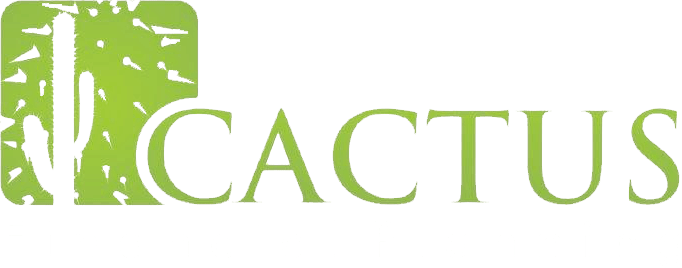
For many, early retirement is a dream. If giving up work before you reach State Pension age is something you’re hoping to achieve, planning as soon as possible can help turn it into a reality.
Retirement at any stage requires planning and preparation. But if you’re hoping to give up work sooner than the traditional retirement age, it can take a little extra preparation to ensure you’re on a financially secure path. Planning means you can start the next chapter of your life confident in the provisions you’ve made, ensuring you enjoy it to the fullest.
If retiring sooner rather than later is something you want to pursue, here are five reasons why preparing now is crucial.
1. Ensure your plans are realistic
You might want to retire on your 50th birthday, but how realistic is that goal? This will come down to a range of factors, but namely the financial provisions you’ve made so far. When you retire early your money will naturally need to support you for a longer period of time. Even adding just five years to your retirement may mean having to cut your income significantly and missing out on the lifestyle you want; would it be worth the compromise?
The earlier on in the process you start looking at how finances match up with your desired retirement date the better. If you’re not putting enough away, it gives you an opportunity to reassess your priorities and increase the amount you’re putting aside where necessary. Regularly coming back to your plans to ask, ‘is it realistic?’ may give you the reassurance to forge ahead.
2. Understand your motivations
Retiring is an important milestone that many look forward to. However, as you approach your planned retirement date asking what your motivations are for giving up work is important.
Often people look forward to retirement because they’re stressed or unhappy in their current position. However, giving up work altogether can be a big step. For some, simply changing employment can lead to a work-life balance that best suits them. Others may find that taking a phased approach to retirement, such as continuing part-time or taking a freelance approach, can deliver the lifestyle that suits them.
It’s also an opportunity to think about the desired lifestyle you want to achieve when you do retire. It’s a process that can create a baseline income you need to achieve your goals, as well as ensuring your priorities are aligned.
3. Decide how you’ll use your assets
If you’re retiring early, deciding how and when you’ll use your assets to create an income is important. Often when retiring sooner than the traditional point, people are worried about where their income will come from. This is a step that can help alleviate some of those concerns.
For most, a pension will be the key source of income in retirement. However, depending on when you choose to retire, it may not be accessible. Defined Contribution schemes can usually be accessed from the age of 55, with Pension Freedoms providing several different options to do this. If you have a Defined Benefit pension, the date that you will start receiving payments from this will be pre-defined by the scheme.
Other assets, such as savings and investments, may provide you with an income before this point or supplement pensions. Planning how you’ll fund retirement can help ensure your lifestyle is sustainable, tax efficient and is in line with your goals.
4. Understand how your wealth will change
When in retirement, your wealth is likely to reduce as you switch from earning an income to spending your savings. The sooner you engage with what this means, the better. Cashflow planning is an excellent way to do this, allowing you to visualise how income and wealth may change over time depending on your decisions.
First, it will allow you to see how retiring early will affect your income throughout your years. You no doubt already have plans once you have more free time on your hands; will your retirement income allow you to do this? If you lived longer than expected, would you still have enough to support yourself?
Second, you can see how your assets will deplete over time under different scenarios. If leaving loved ones an inheritance is a priority, this can help you see what may be left behind to beneficiaries, for example.
5. Change your investment decisions
If retiring early is a goal, it should influence other financial decisions too, including those relating to investments. How long you’ll invest for and attitude to risk is a crucial part of picking out the right investments for you. Both of these are likely to change if you’re hoping to finish work sooner. When you’re first considering retiring early, reviewing how your current investment portfolios reflect this decision is a wise move, you may find that some restructuring is necessary.
If you’d like to discuss your ambitions to retire early, please contact us. We’re here to help you get to grips with how your finances can deliver the lifestyle you want.
Please note: A pension is a long-term investment. The tax implications of pension withdrawals will be based on your individual circumstances, tax legislation and regulation which are subject to change in the future. The fund value may fluctuate and can go down, which would have an impact on the level of pension benefits available. Your pension income could also be affected by the interest rates at the time you take your benefits.
